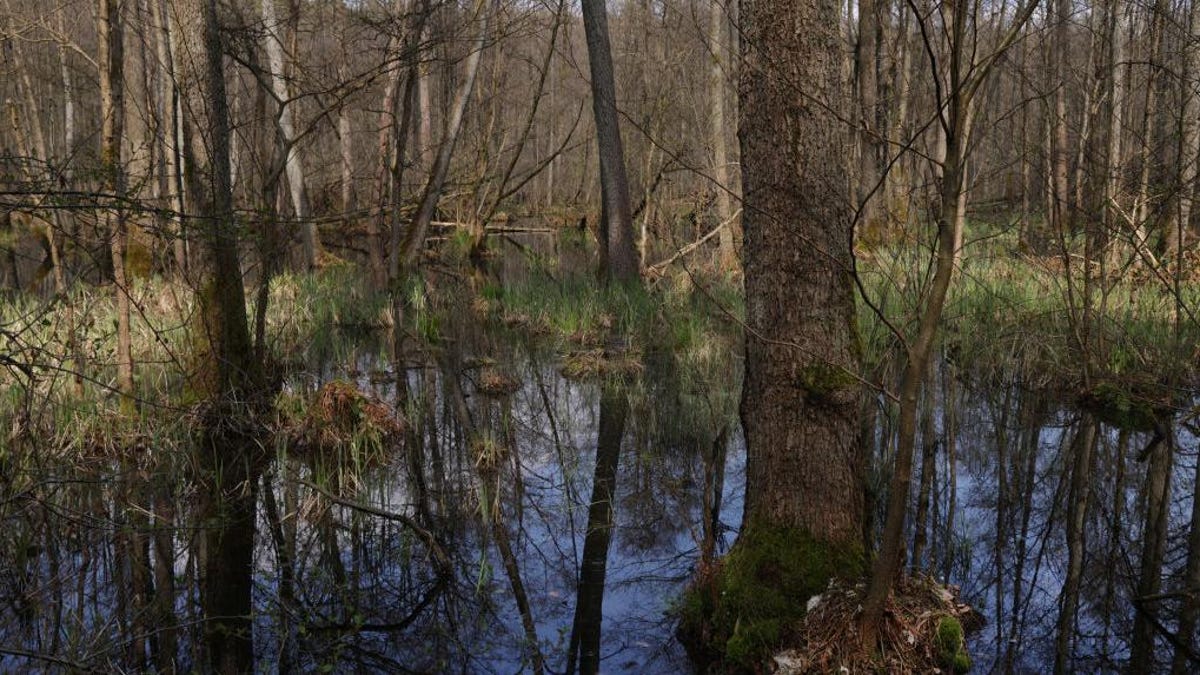In Brazil in particular if the money put into tree plantation was instead put in to funding enforcement against illegal deforestation it would make orders of magnitude more impact.
This is the best summary I could come up with:
In a study published in Trends in Ecology & Evolution, a team of researchers from the University of Oxford analyzed the impact of commercial tree plantations.
“In the Brazilian Cerrado (savanna) a 40% increase in woody cover resulted in a ~30% reduction in the diversity of plants and ants,” the study authors wrote.
The research team explained that tropical ecosystems are highly biodiverse and will be hurt by the limited number of tree species used for reforestation projects.
“Why don’t we push to actually reforest the areas that have been impacted and conserve these natural ecosystems, these forests that we already have,” he told Earther.
Check out Earther’s guides to decarbonizing your home, divesting from fossil fuels, packing a disaster go bag, and overcoming climate dread.
And don’t miss our coverage of the latest IEA report on clean energy, the future of carbon dioxide removal, and the invasive plants you should rip to shreds.
The original article contains 575 words, the summary contains 154 words. Saved 73%. I’m a bot and I’m open source!
These summaries are really lacking. I read it. But then I read the article and I feel like there’s a disconnect.
Like the summary brought up “40% increase in woody cover resulted in a ~30% reduction in the diversity of plants and ants”
But really, the key word I would prefer to have seen is “afforestation”.
The researchers analyzed literature from various studies on the growing trend of tree plantations for carbon capture. They saw that some tree plantations did reforest land. But in many cases, these projects actually do something called afforestation. This is where previously un-forested regions, like grasslands, are transformed into forests. This may sequester some carbon, but it hurts native wildlife that are not adapted for forest ecosystems. “In the Brazilian Cerrado (savanna) a 40% increase in woody cover resulted in a ~30% reduction in the diversity of plants and ants,” the study authors wrote.
Yeah, I’ve been seeing a lot of praise for this bot lately, but I really dislike it. I don’t like that it’s the default comment in so many posts, and I find it doesn’t help so I always just collapse it now anyway. Maybe it would be better if the bot could be summoned just when it’s needed for super-long articles? IMO most articles aren’t long enough to need a summary and just end up adding an unnatural automation ‘filter’ to the original text.
Study refereneced: Valuing the functionality of tropical ecosystems beyond carbon - https://doi.org/10.1016/j.tree.2023.08.012
The real info is in the last paragraph:
Instead, we should divest from fossil fuel infrastructure and push world leaders to hold polluting industries accountable. A recent report from the International Energy Agency (The path to limiting global warming to 1.5 °C has narrowed, but clean energy growth is keeping it open- https://www.iea.org/news/the-path-to-limiting-global-warming-to-1-5-c-has-narrowed-but-clean-energy-growth-is-keeping-it-open) outlined how clean energy investments showed the most promise for averting the worst of climate change. “Removing carbon from the atmosphere is very costly. We must do everything possible to stop putting it there in the first place,” IEA Executive Director Fatih Birol said in a statement (Carbon Capture Tech Hype Is Fizzling Out, IEA Says - https://gizmodo.com/carbon-capture-tech-hype-is-fizzling-out-iea-says-1850874857).An ounce of prevention is worth a pound of cure. Who knew?
I thought Gizmodo died with the rest the of that portfolio.
I miss Splinter.
deleted by creator







